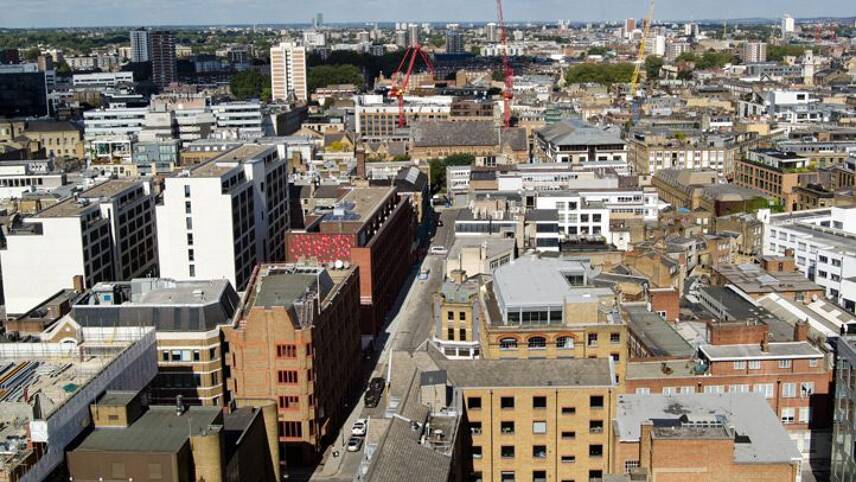Register for free and continue reading
Join our growing army of changemakers and get unlimited access to our premium content

The Council has committed to installing an additional 182 electric vehicle charging points by the end of the year
Hackney Council announced on Wednesday (April 1) that it would start sourcing the entirety of its electricity demand from renewables. The Council has invested in rooftop solar systems across its council buildings and is also lowering electricity demand across council-owned homes through a “Green Homes” programmes. Green Homes will offer residents free insulation and trial renewable heating upgrades to lower energy bills and reduce associated emissions.
The milestone builds towards the council’s commitment to reduce emissions by 45% by 2030 – against a 2010 baseline – before reaching net-zero emissions by 2040.
“Even in the difficult times we are living through we must still take the long-term action we need to reduce our energy consumption and switch to cleaner energy. In our 2018 Manifesto, we committed to transforming the way we generate, consume, and purchase our energy, and just two years later, we’ve become one of the first councils in the country to be completely powered by clean electricity,” Mayor of Hackney Philip Glanville said.
A publicly owned energy firm, Hackney Light and Power, has been created to oversee how the council can decarbonise its operations and building stock.
Already, the Council has committed to installing an additional 182 electric vehicle charging points by the end of the year. A feasibility study will also be conducted to see whether chargers could be installed on every street in the borough. The Council is also converting all streetlamps to LED bulbs by 2022.
Additional initiatives being rolled out by the Council include the largest urban tree planting programme nationally, prioritising low-carbon transport through road reallocations, implementing a “low plastic zone” and object lending library to reduce emissions associated with resources and consumption.
City assistance
A number of councils are charging ahead with net-zero emissions commitments in response to the climate emergency. Read in-depth interviews on how councils in Nottingham, Leeds, Bristol and Oxford are all aiming to assist city-wide decarbonisation transformations.
At a city level, a coalition of eight European cities, including Dublin and Leeds, has pledged to completely decarbonise their existing building stocks by 2050.
The overarching aim of the project is for the cities to prove that net-zero is possible for the built environment sector in urban environments, in line with the Intergovernmental Panel on Climate Change’s (IPCC’s) recommendation that global carbon emissions should reach zero by mid-century in order to limit warming below 1.5C.
Matt Mace


I just wonder, in times when the climatic conditions reduces our total wind turbine power to below I GW (a "standard" power station), how the clean electricity suppliers will assure Mr Glanville that his supply is all "green", and not from generating stations on the continent.
Recent investigations revealed that a lot of power supplied in this fashion was from, not gas, but from coal , and not nice coal at that.
Richard Phillips